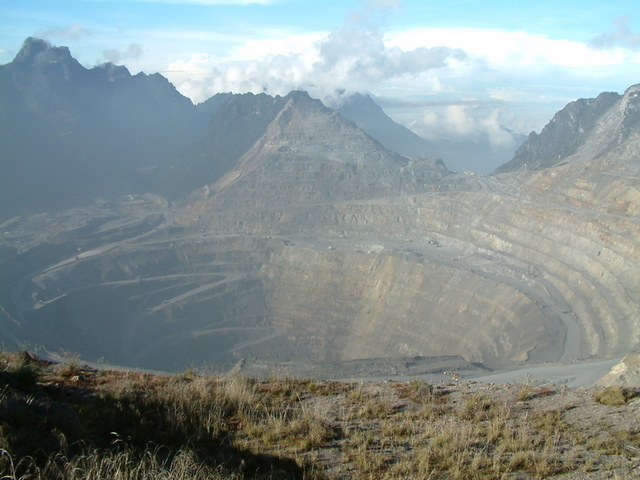Tinombola Take Two? Indonesia's Papuan Insurgency

Economic development, while undoubtedly welcome, will not make the long-standing political grievances disappear.
In response to recent incidents, Indonesia’s security minister, Wiranto (some Indonesians are known by one name), announced that the government is looking into deploying more security personnel to the region. He said Operation Tinombola, a joint police-military operation in jungles around Poso, Central Sulawesi Province, would provide the model for future operations in Papua. Operation Tinombola targeted the Islamist group, Mujahidin Indonesia Timur (MIT - East Indonesia Mujahedeen), and reduced its active membership from 36 to 11 militants between 2016 and 2017. Authorities estimate that at least 120 separatist militants, armed with a combination of homemade and stolen firearms, are responsible for the ongoing hostage situation in Tembagapura. While security operations may be a short-term solution, and mitigate the threat posed by this specific group, an enhanced security presence in the region would likely escalate tensions, and assist militant recruitment efforts, in the medium to long term. Furthermore, the OPM and TPN, are highly factionalised, with numerous splinter groups operating throughout the region. The elimination of one band of militants will therefore have little impact on the overall conflict.
Since coming to power in 2014, President Jokowi has reportedly paid greater personal attention to resolving the Papuan conflict than any of the country’s previous leaders. However, he has been criticised for attempting to use economic inducements, including promises of increased infrastructure spending in the region, to secure peace. Economic development, while undoubtedly welcome, will not make the long-standing political grievances disappear. These will continue to drive insurgent activity for the foreseeable future, and will continue to pose a threat to business operations in Papua, particularly to the largest and most economically significant mine in Indonesia.